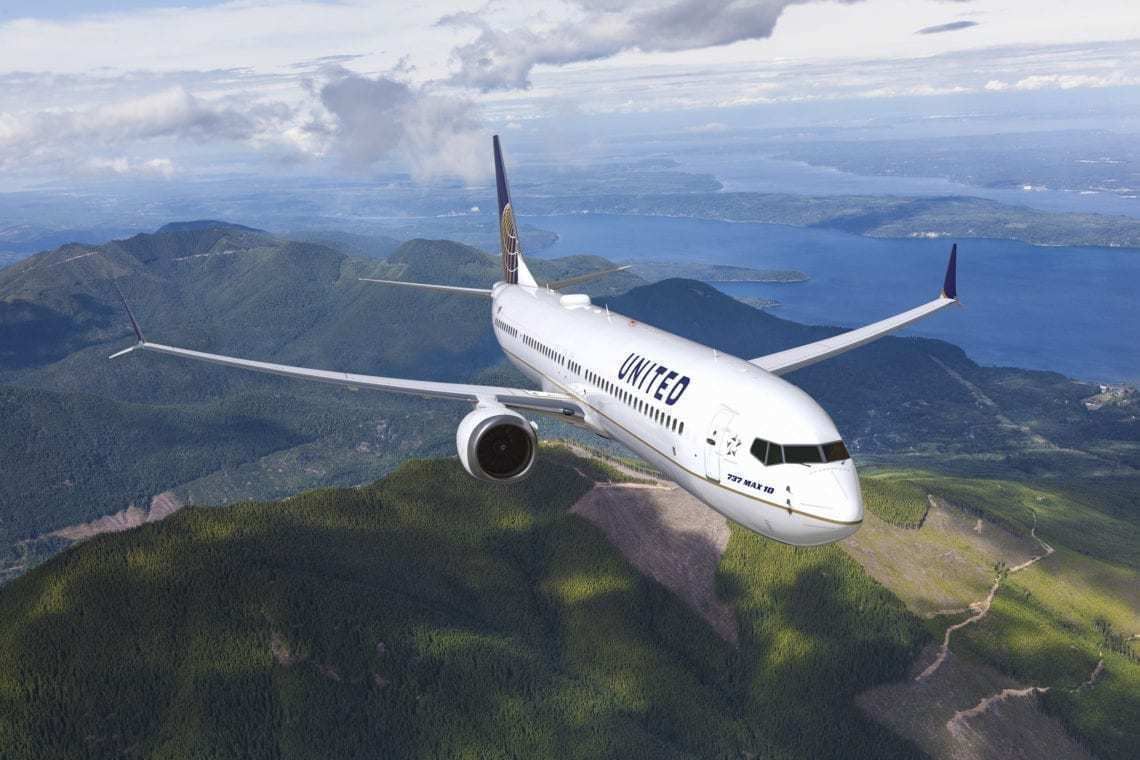It only takes one experience of buying an insanely cheap ticket to a hot destination, showing up at the airport to only be slugged with an outrageous baggage fee, to swear off that airline altogether.
Or at least, be incredibly wary of the words “Checked Baggage Fee Increase”.
As such, it comes as a surprise that United has decided to increase their bag fees to match JetBlue, upping the ante in what could become the 2018 baggage price wars.
But is this business plan sustainable? Will US airlines continue to reap baggage fees off customers with no backlash?
Why did United raise their checked baggage fees?
Earlier this month, we reported that JetBlue had decided to increase their baggage fees, being the first US airline to raise their price from $25 to $30. This is an attractive opportunity for airlines, as unlike fluctuating ticket prices, by having a higher set fee is more reliable for their bottom line and shareholders.
United was relatively quick to follow, raising their $25 checked-baggage fee to $30.
So far no other players in the industry have raised their baggage prices (They are waiting to see how it affects their competitors stock price and sales), but if it ultimately proves to be an easy way to increase revenue with no consequences, then we can expect the rest to take off.
However, that may not actually happen...
Essentially, United’s two major competitors, American and Delta, have vastly different baggage policies. Originally, United and American had a very strict carry-on policy and enforced it by forbidding base economy passengers from using overhead bins. Delta, on the other hand, continued to allow passengers to bring on board small carry cases free of charge.
American saw that they were losing customers to Delta and decide to scrap their policy of charging for full sized carry-on bags, leaving only United Airlines, pun intended, holding the bag.
It’s even inaccurate to suggest that they simply matched JetBlue, as JetBlue offers a ticket that includes checked baggage for $25, the $30 price is simply for passengers who decide to bring a bag anyway and did not get the ticket upgrade.
United may make enough extra revenue to offset lost customers, but its likely that we shall see them reverse this new price in coming months. Their competitors may even start to highlight to steal customers, showcasing lower fees.
It's a bit of a puzzling move too, as mentioned in our last article, passengers are far more price sensitive to extras like baggage fees than the base cost of the ticket.
Which airline has the lowest check bag fees?
This is a bit more a complicated question, and it starts by placing all the airlines and their fees into a handy chart (We have assumed economy ticket and no loyalty program):
|
Airline |
Checked Baggage Policy (Prices are in USD) |
|
Alaska Airlines |
$25 for first and second checked bag, $75 for third. |
|
American Airlines |
$25 for your first checked bag, $35 for your second, $150 for your third and $200 for your fourth and each additional bag after that. |
|
Delta Airlines |
$25 for the first bag and $35 to check a second bag. |
|
Frontier Airlines |
$45 for the first bag, $50 for any more bags. |
|
Hawaiian Airlines |
$25 for the first bag and $35 to check a second bag. |
|
JetBlue |
$30 for the first bag and $35 for your second and $100 after that. |
|
Spirit Airlines |
$26 for a carry-on, $21 for the first checked bag, $31 for the second checked bag and $76 each for the third through fifth checked bags. |
|
Southwest |
Each passenger gets two free checked bags up to 50 pounds (25kg) each. |
|
United Airlines |
$30 to check your first bag and $40 for your second. |
As we can see, the airline with the lowest fee is Southwest (With two free checked items), but it’s not always the cheapest on the route. A flight on Frontier might be cheaper, but if you have to pay an extra $45 then that might make it far more expensive.
What do you think, are these fee’s starting to get out of control, or is it just another buyer beware that passengers need to take into account?
Featured Image: Boeing


